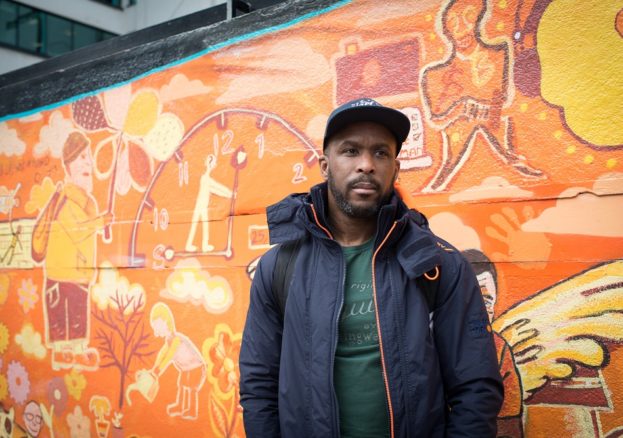
Holstered in a van, he was minutes away from being put on a Virgin Atlantic flight to Jamaica when his lawyer’s last-ditch application to the Windrush scheme saw his removal postponed.
His ordeal had begun when he was released from HMP Risley in 2017 on an immigration bail, which required him to report to a Home Office centre every week. After a year he was detained and almost removed, before being eventually freed.
Haisley’s Windrush application was rejected in October and despite his lawyer putting in additional evidence, he was detained again earlier this year.
He says: “They told me my children would be okay without me, that I could bring them up over Skype. How could they say that?”
The paperwork handed to Haisley explained he could be deported within days – and that only an injunction or judicial review could prevent this happening.
Known as the “Removal Notice Window,” this approach to deportation has now been halted by an injunction by the charity Medical Justice, pending a judicial review.
This time, Haisley told his friends what was happening to him – and they quickly built a campaign which gained massive support.
He says: “I was embarrassed to tell people that I had served a prison sentence and the reason why. How do you tell people what’s happening when you have a problem with your immigration status? It had been been eating away at me. But if I hadn’t told people what was happening this time, I don’t know where I’d be now.”
After being told by the Home Office that there is no evidence of his being in the UK before 2001, Haisley is now collecting his own proof to the contrary. He has visited his primary school and found registers with his name on them.
He says living in limbo for two years is taking its toll on his mental health, but with no recourse to public funds he is unable to seek professional help.
“I’ve had to find my own coping mechanisms – going to the gym, listening to music, speaking to my kids and keeping in touch with the other guys I met in detention,” he says. “But when I get time on my own it’s been hitting me.
I try to keep myself busy so I don’t fall apart.”
Owen says “even if things go well and I win my case, I’m not giving up. I’ll be encouraging other people to speak out. I know what not speaking out does to a person on the inside because that was me last year.”
